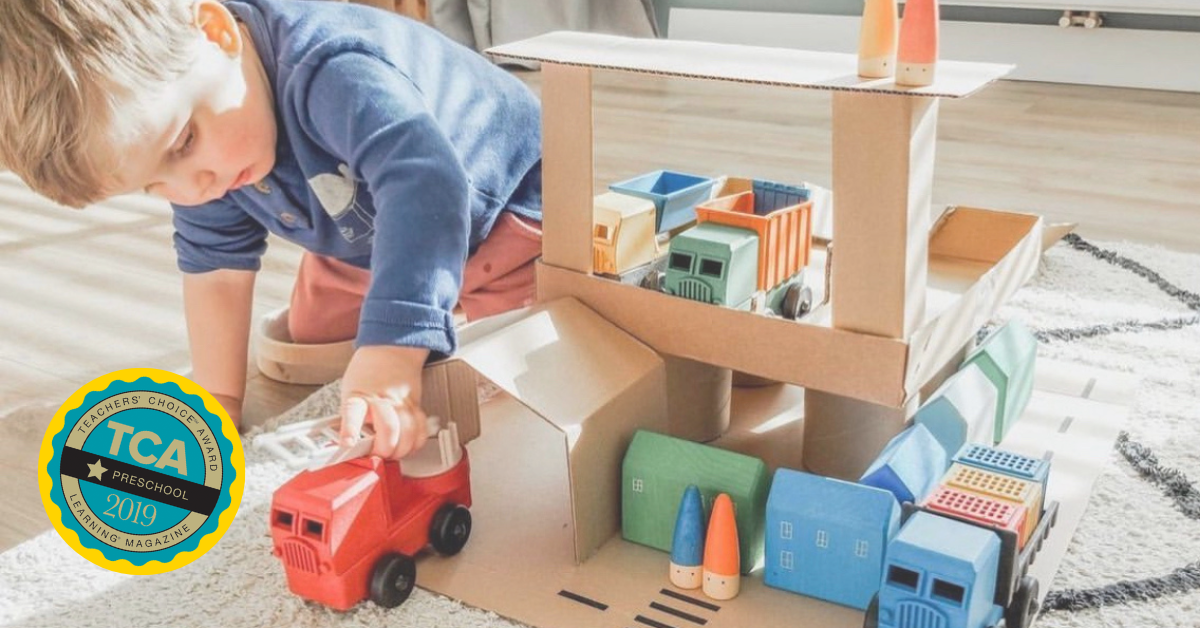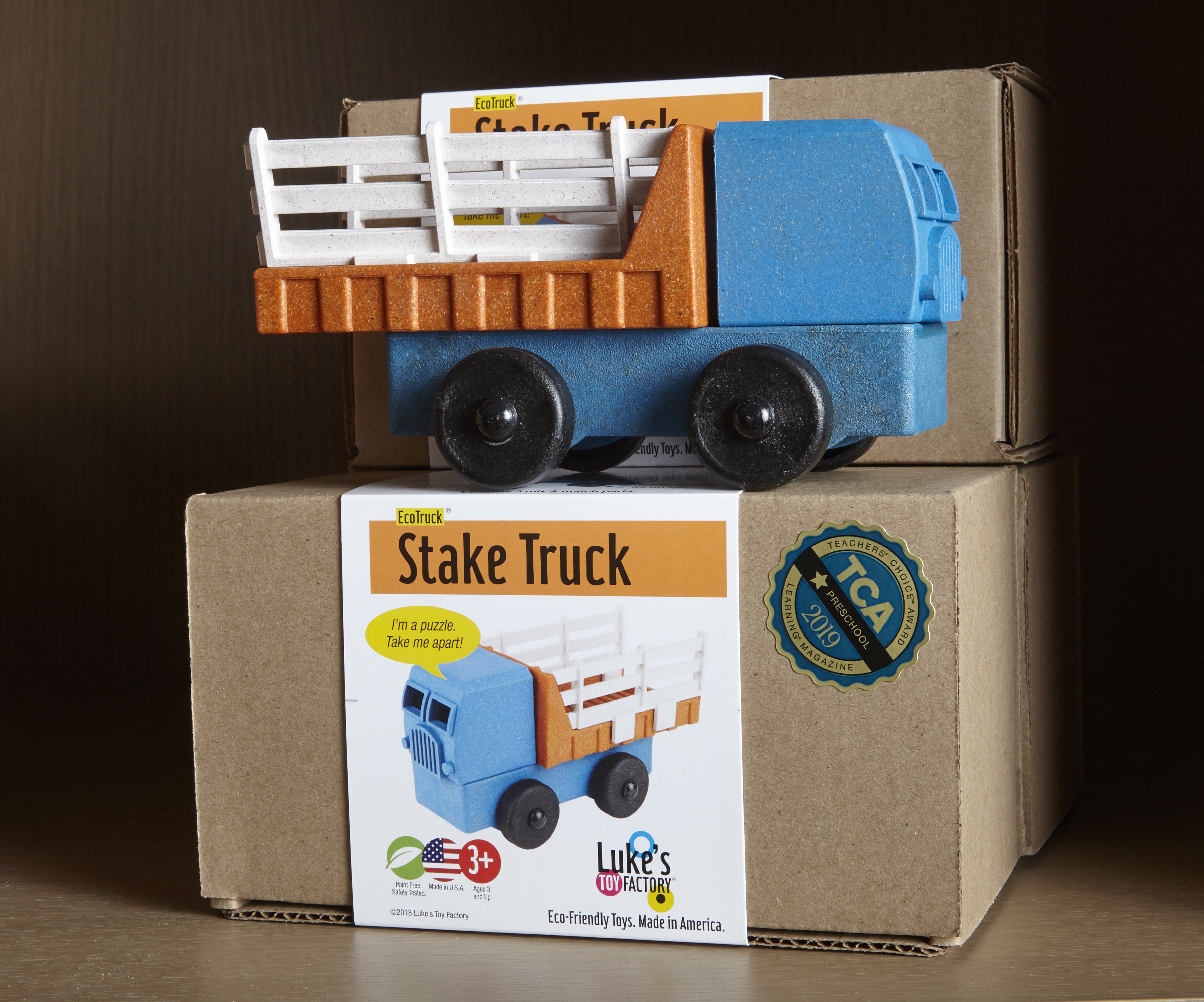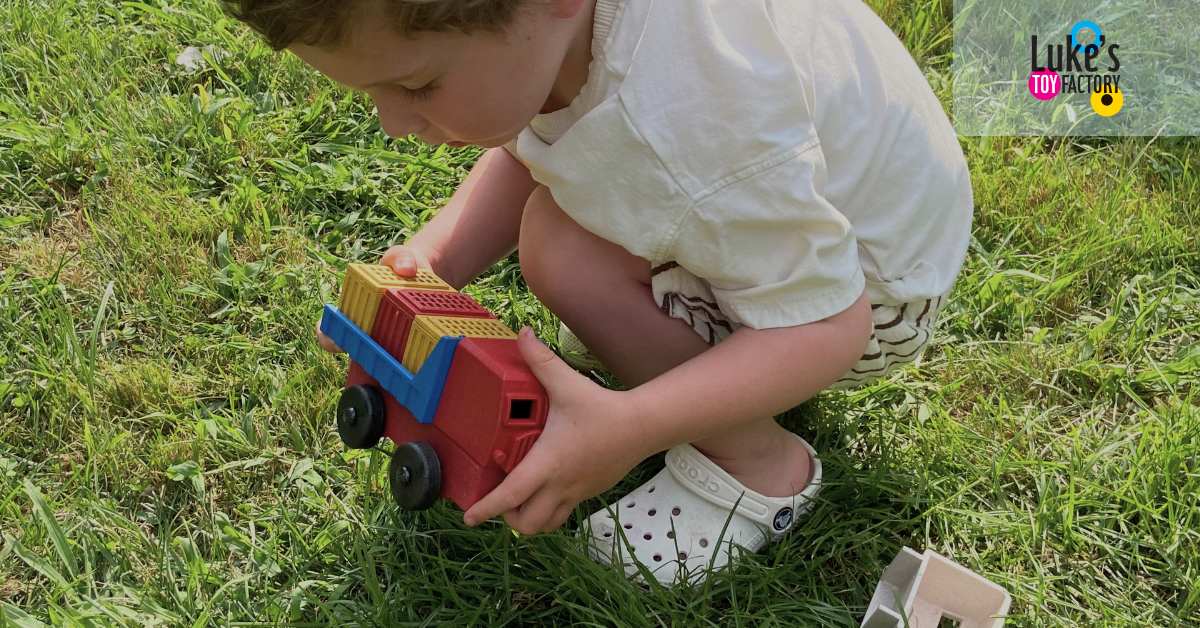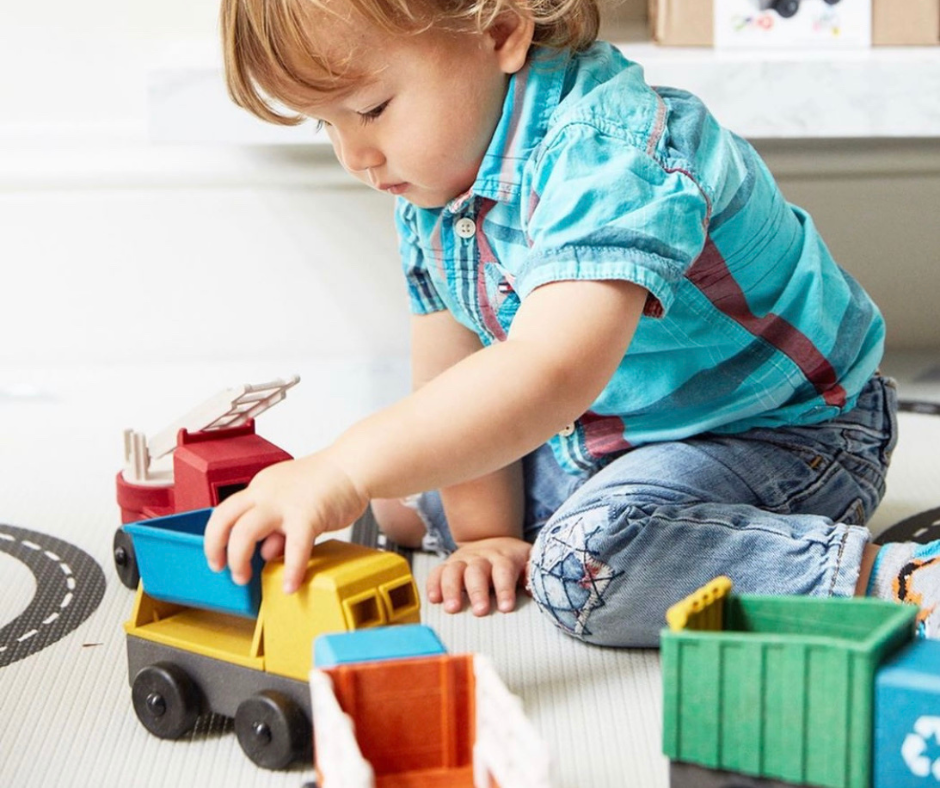How to Choose an Educational Toy for Preschoolers

Educational Toys for Preschoolers: Preschool Classroom Toys
When it comes to the early childhood development of a preschooler, choosing the right educational toy is of utmost importance. These formative years are crucial for their growth and learning, and a well-designed toy can make all the difference. So, what exactly makes a good educational toy for a preschooler and why are educational toys important? What types of preschool classroom toys do educators prefer? Want to know what toys will keep a 3 year old busy?
Let's explore the features of good educational toys for preschoolers. Consider these the next time you are shopping online or walking down the aisle of your local toy store.
1. Does it Spark Imagination?
An excellent educational toy should ignite the imagination of a preschooler. It should encourage them to create their own stories, scenarios, and adventures. Look for toys that allow open-ended play, where there are no right or wrong answers, and children can explore their creativity freely, relying on their own imagination rather than battery powered lights or sounds.
Play vehicles and toy construction vehicles are examples of toys of which there are many options for preschoolers. Consider toy trucks and cars that do NOT have batteries, lights, or sounds. It is important to let preschool aged kids build their imagination and develop creative play skills.
2. Is it Age-Appropriate?
Each age group has specific developmental milestones, and a good educational toy should align with those milestones. It should challenge and engage the child without overwhelming them. Consider the recommended age range and ensure the toy matches your preschooler's abilities and interests.
3. Does it Promote Problem-Solving Skills?
The best educational toys for preschoolers promote the development of problem solving skills in preschoolers during the crucial milestone of early childhood development in their preschool years. Look for toys that require them to think critically, make decisions, and find solutions. Puzzles, building blocks, and shape sorters are excellent examples of toys that enhance problem-solving abilities.
In 2019 Luke's Toy Factory was awarded the prestigious, "Teachers' Choice Award" in the preschool category from Learning Magazine.
This program awards excellence in products for early learners following the guidance of a nationwide panel of teacher-judges who tested 19 products in the classroom, evaluating them on quality, instructional value, ease of use, and innovation.
4. Does it Encourage Social Interaction or Independence?
Preschoolers are at a stage where they are learning to interact and play with others. A good educational toy should facilitate social interaction, cooperation, and sharing. Look for toys that can be enjoyed with friends or siblings, promoting teamwork and communication.
Alternatively, independent play is also a critical for preschool aged kids to develop. Keep in mind that some toys may be better suited for sharing, and others to help develop independent play. Either way, you can't go wrong as long as the toy meets the other criteria on this list.
5. Is it Multisensory?
Children learn best when multiple senses are engaged. A good educational toy should stimulate various senses like sight, touch, hearing, and even smell. Toys with bright colors, different textures, and sound effects can enhance the learning experience and make it more engaging, and can even provide an opportunity to learn about colors, shapes, and numbers.
6. Does it Foster Motor Skills Development?
Preschoolers are at a critical early childhood development stage where they are refining their fine and gross motor skills. A good educational toy should provide opportunities for them to practice and improve these skills. Look for toys that involve stacking, sorting, threading, or any activity that requires hand-eye coordination, problem solving, and physical movement.
7. Is it Safe and Durable?
Safety should always be a top priority when selecting a toy for a preschooler. Ensure that the toy is made from non-toxic materials and does not have any small parts that could be a choking hazard. Paint that can flake or leech off in a child's mouth is also dangerous. Additionally, choose toys that are durable and can withstand rough play.
In fact, Luke's Toy Factory was recognized by Kickstarter and the Environmental Defense Fund in the Kickstarter Environmental Resources Center as a company that designs products with durability and longevity in mind!
By considering these factors, you can select a good educational toy that will not only entertain your preschooler but also contribute to their cognitive, social, and physical development. Remember, the right toy can make learning a joyous and enriching experience for your little one.
8. Is it Sustainable?
Sustainability is another consideration to make when purchasing a toy. What is the toy made from? Where is it made? Is it a quality, durable product? What is the packaging made from? These factors all contribute to the sustainability of a toy.
Is it cheap flimsy plastic, made in China? It is probably not sustainable seeing as it is not made from eco-friendly material and had to be shipped from the other side of the planet.
Is the toy made in America? If so, chances are it is higher quality due to craftsmanship. It also means it has travelled a shorter distance to get to your home - another element of sustainability.
On the other hand, is the product manufactured closer to home? Is it made from sustainably sourced wood? Or is the product manufactured with durability in mind so that it can be passed down to younger siblings or even generation to generation?
Consider the sustainability of products as you shop, and remember that a number of factors go in to sustainability - material, production location, durability, quality, and packaging to name a few.
Wrapping Up
Keep in mind that these are just a few suggestions as to how to choose an educational toy for preschoolers. Shopping for educational toys doesn't have to be difficult. There are thousands of toys out there to choose from, and each child has their own interests and needs. While we hope you choose to bring home our toys, there are plenty of terrific options on the market!



